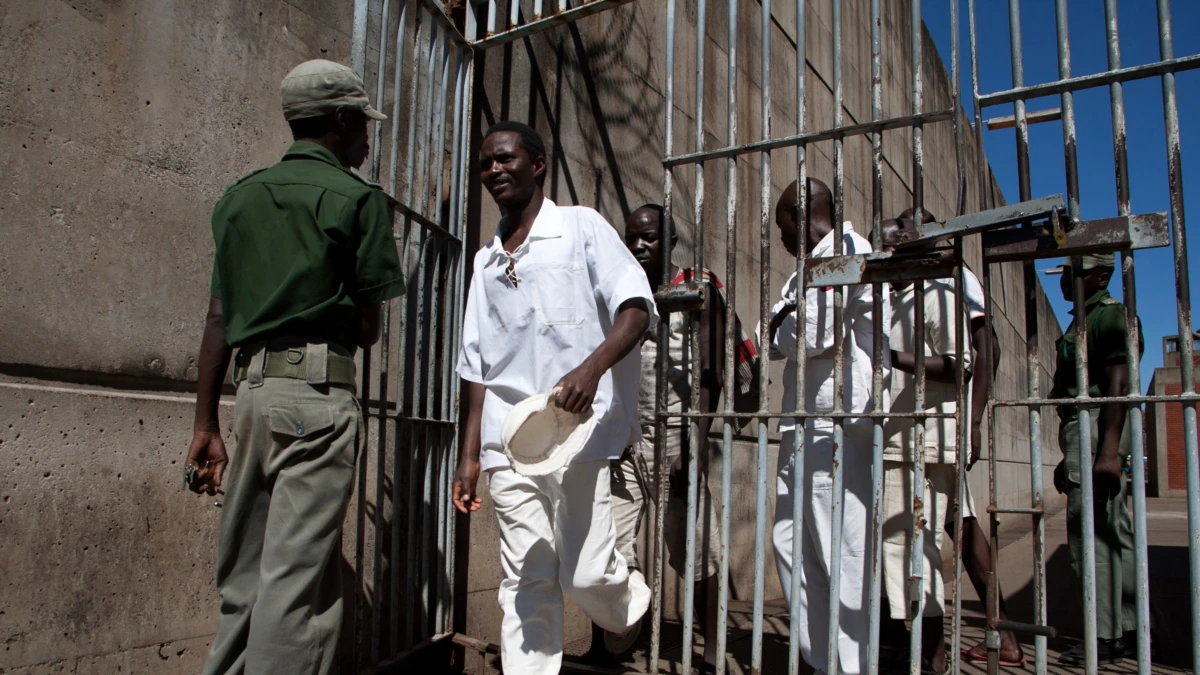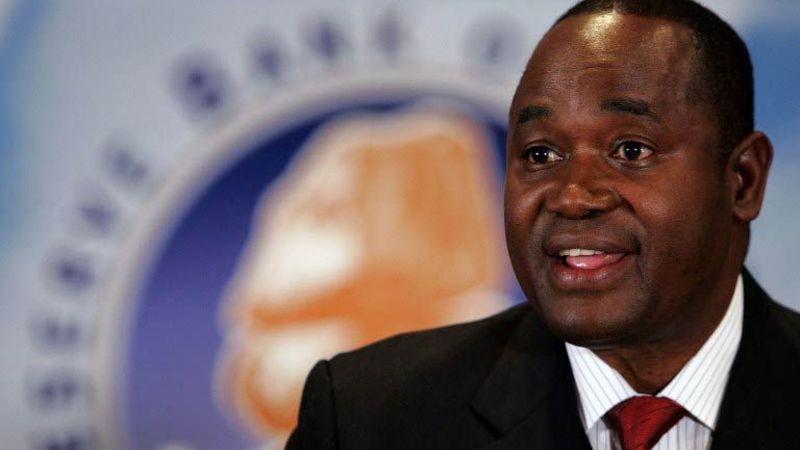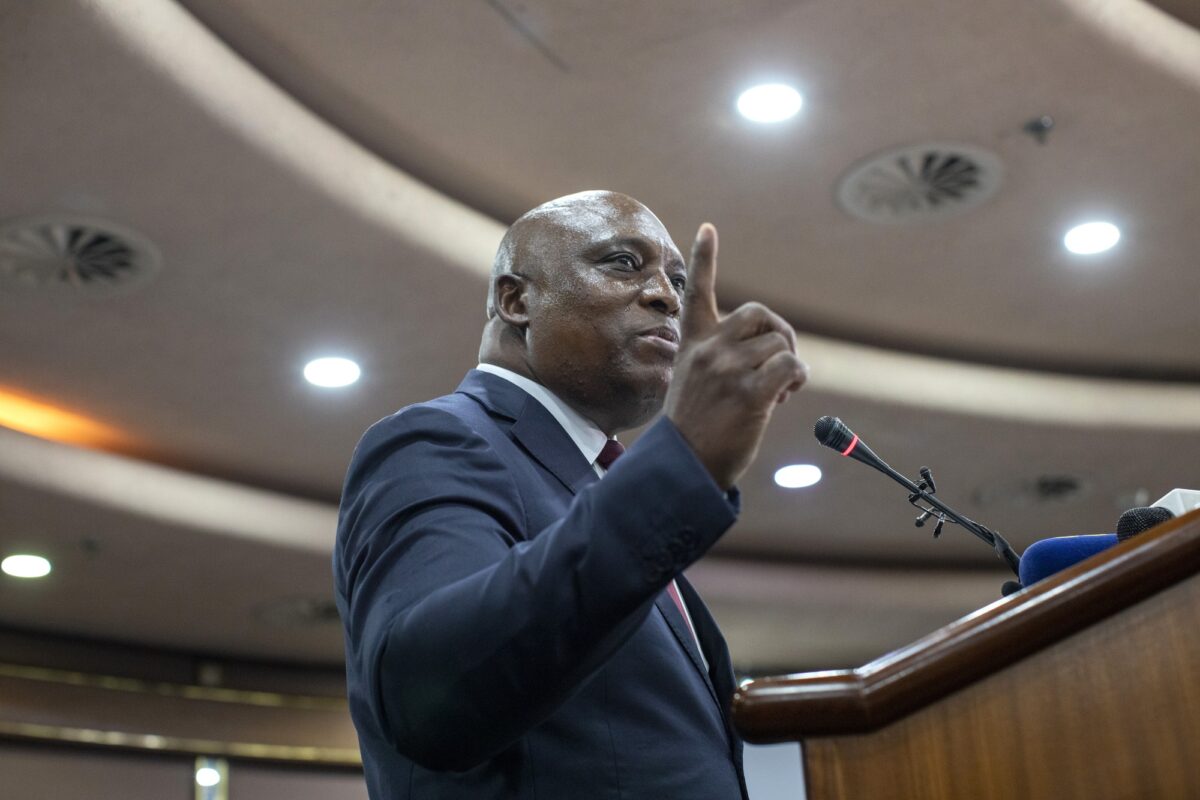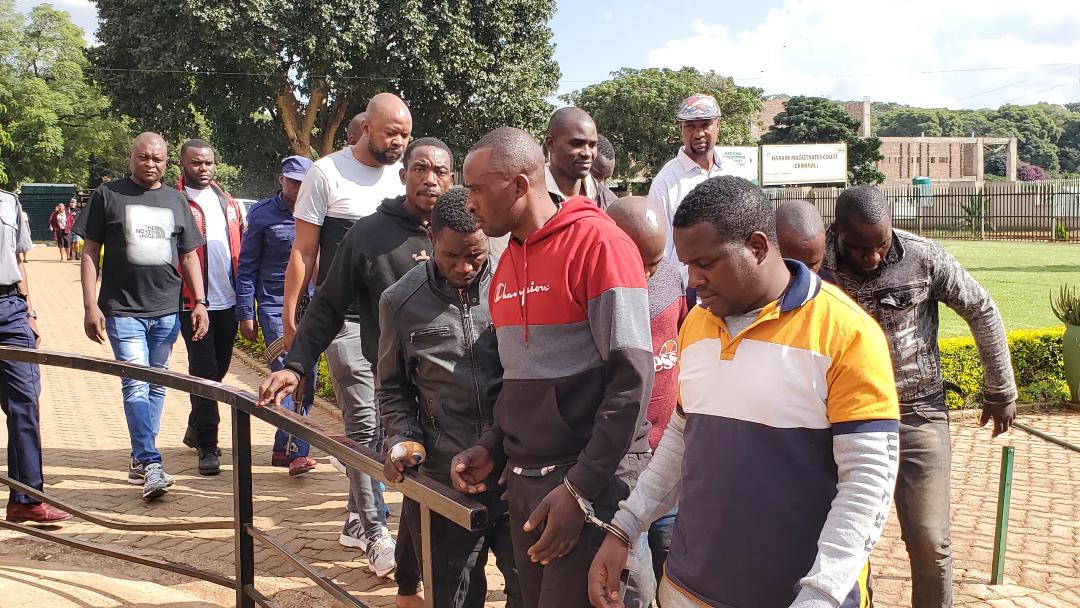BULAWAYO – The number of people killed during the Gukurahundi genocide, a 1980s army crackdown in Matabeleland and Midlands, is upwards of 40,000, a new documentary claims.
Gukurahundi Genocide: 36 Years Later, a documentary by journalist Zenzele Ndebele, was screened during Intwasa Arts Festival in Bulawayo on Sunday.
It was watched by commissioners from the National Peace and Reconciliation Commission (NPRC), including the constitutional body’s chair, retired Judge Selo Nare.
The release of the documentary has re-ignited demands for an independent inquiry into the massacre between 1983 and 1987, during which rights groups have for long estimated that some 20,000 people died.
The hour-long documentary, which can also be watched on YouTube, revealed how President Robert Mugabe’s Zanu PF government shortly after independence in 1980, had sought to frame PF-Zapu leaders by planting arms caches on the farms of ZIPRA, the party’s liberation war fighting force.
This led to the arrest of ZIPRA commanders Lookout Masuku and Dumiso Dabengwa, who were later acquitted.
This came as tensions mounted at Entumbane, where clashes between demobilised ZIPRA and combatants from Zanu PF’s military wing ZANLA, saw dozens of ZIPRA fighters being killed and their bodies dumped in refrigerated trains which could not cope.
With the help of witness interviews, the documentary reveals how killings happened at military barracks where ex-ZIPRA fighters who had been assimilated into the army were targeted for public execution; concentration camps in rural Matabeleland where hundreds of people were rounded up and kept inside fences and tortured daily; all night vigils known as ‘pungwes’ where women were raped and those who resisted killed; highway checkpoints where IDs had to be produced and those with Ndebele surnames were labelled dissidents and detained as well as schools where teachers were executed in front of pupils.
Zenzele Ndebele, the producer of the documentary, said he had established through interviews that the Fifth Brigade, which carried out the massacres, had deployed over 5,000 soldiers trained by North Koreans to Matabeleland and parts of the Midlands, ostensibly to put down a rebellion by ex-ZIPRA “dissidents” who had deserted from the army or were unwilling to demobilise.
“There were four battalions of 1,400 men each, an artillery range and an administration unit. Let’s just say 5,000 soldiers were active, and they were each killing one person a month – you already have 5,000 people dead,” Ndebele told ZimLive on the sidelines of the documentary’s screening.
“There were days when they were killing more than one person per month and days when they were not killing, so an average of 5,000 is what we estimate were being killed monthly. Per year, that’s over 50,000 people and in four years you are talking over 20,000 people killed. So even my estimate of 40,000 is very, very low especially if you consider that the Fifth Brigade was no operating alone – there was the Central Intelligence Organisation which abducted and killed, the Police Support Unit, paratroopers from One Brigade commanded by Colonel Lionel Dyck and the dissidents themselves who also killed.
“All these different units were killing people at the same time between 1983 and 1987 and I’m saying the conservative figure cannot be less than 40,000 of people who were killed during that period.”
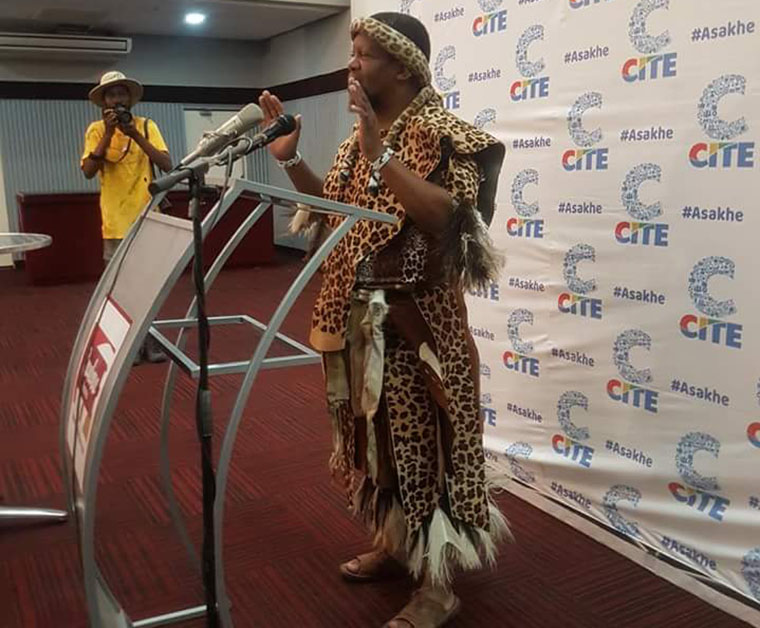
Chief Felix Ndiweni of Ntabazinduna, giving a vote of thanks, said it was now time to establish a commission to investigate the massacre and bring closure to the affected communities. Such a commission, he said, could not take its terms of reference from those accused of having a hand in the killings, he said.
“It is most regrettable that the format and terms of this dialogue have been put together by the very same individuals who have been allegated about here,” Ndiweni said in reference to attempts by the NPRC to look into the massacres under directions from President Emmerson Mnangagwa.
“At some point in time we are gonna have to stand up and ask for a truly and thoroughly independent investigation.”
He gave the analogy of a turkey in England, saying it could not vote for Christmas – because it knows it would be on the menu.

